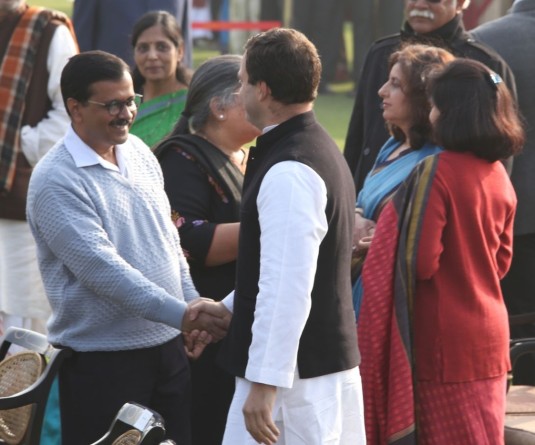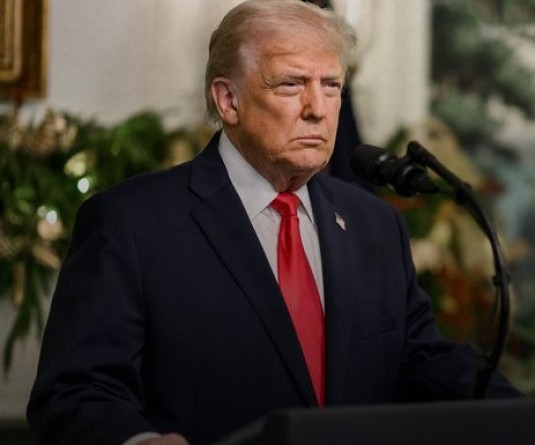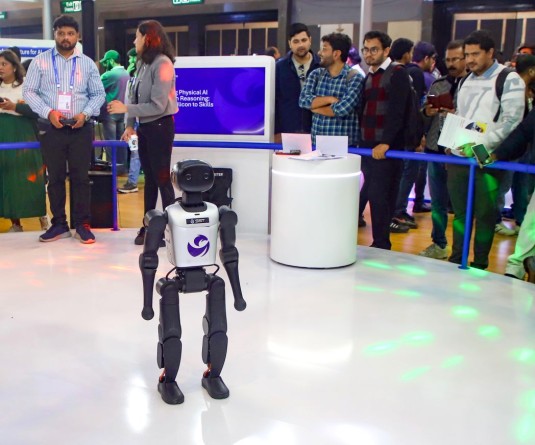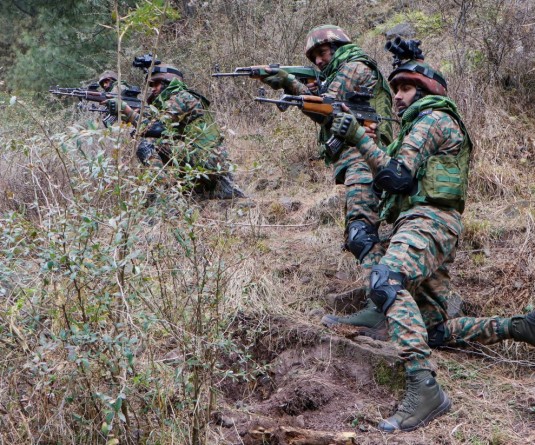US visit very successful, stellar show by PM: Analysts
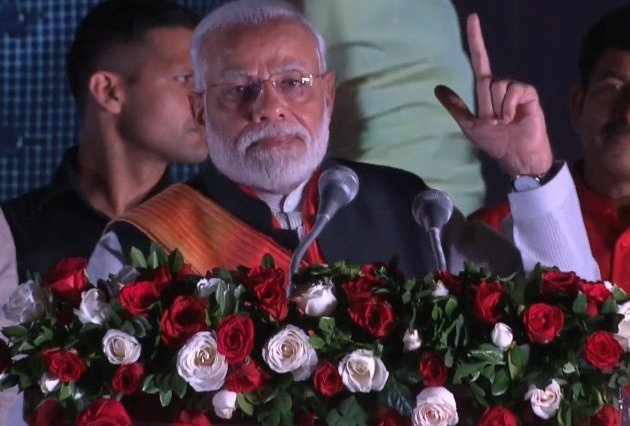
New Delhi, September 28 (IANS) Prime Minister Narendra Modi's week-long visit to the US was extremely successful, with his focus on the big picture as he very subtly made a case for India's global leadership, former diplomats and analysts have said.
The Prime Minister conveyed to the US polity India's position on Kashmir and at the same time reassured President Donald Trump on trade issues, experts said while terming Modi's speeches at the UNGA and Houston as "stellar".
Former diplomat Ashok Sajjanhar told IANS that while the 'Howdy Modi' event at Houston was extremely successful, the presence of President Trump "was a testimony to the growing political and economic influence of the Indian community, and also the salience of the strength of India-US relations and how both leaders are politically invested to take it forward".
Harsh V. Pant, Director of Studies, ORF, told IANS the visit went very well for India and among the things Modi was trying to do was to make America and Trump understand "where India's position on Kashmir is coming from, and I think he succeeded in doing that."
Through the Houston event, Modi conveyed that India's Kashmir policy "is part of the democratic process, and is about a constitutional framework that has been applied in a certain context. That was the message he gave through the Houston rally, using the Indian Americans there as a support base".
Pant said that it would have "hopefully helped to shape the narrative in the American establishment as there is a lot of misinformation about India's Kashmir position, and Pakistan's hyperbolic claims have attracted a lot of attention. But I think India's case is well understood".
Former diplomat Sheel Kant Sharma told IANS that Modi's was a "stellar performance, as a PM and a statesman". "His speeches were well written, and very, very carefully. And in Hindi it was very eloquent, and I'm sure the translations would carry the same weight.
"And both in Houston and in the UN, the way the PM went about working with Trump in the meetings, he made sure that mediation (on Kashmir) is not needed. And the ball is in Pakistan's court - if they stop terrorism we can talk. But Pakistan seems to be on a different high horse. Instead of the 15-17 minutes, Imran Khan spoke for 50 minutes (at UNGA). It was full of mendacity and harangue, it was a pack of lies, and full of contradictions. So, our own statement in response to that (right of reply), puts that in place."
Former diplomat G. Parthasarathy told IANS that the Prime Minister's visit went off very well. The visit was good for trade and investment and the energy sector, and there was an outreach to a large number of countries, from across Europe, Latin America and Asia.
On Imran Khan, he said that "Imran seemed determined to escalate tensions. I think he didn't do himself any good by the sort of the language he used. And it spoke of a certain degree of political immaturity, and that's not surprising as he's not been a politically mature person."
According to Pant, on the economic aspect of the US tour, Modi was keen to mitigate the trade friction with the US and also showcase India as a destination where global investors should come in, "and in both cases he showcased India and told India's growth story, especially at the Bloomberg summit. And with Trump he laid out that both sides are willing to negotiate and give and take on trade, and hopefully a deal will come out soon."
The success of the negotiations also lies in the fact that President Trump has toned down his rhetoric on trade with India.
The third aspect of the US visit was to project India's role on the global stage via the UNGA address. "I think the speech was very effective, very tailored to the kind of audience he was targeting. It was about India, and without getting bogged down on Pakistan, and Pakistan was not mentioned, though terrorism was mentioned, but even that was a small part of the story," he told IANS.
Modi also brought out the link of India's civilisation in a way to show that "India always thinks about the world and in whatever India is doing there is always an element of global aspiration in that. I think the message came across very well," Pant said.
"And then if you compare his speech with Imran, I think there is no comparison. Imran Khan was being Imran Khan, I don't think they (Pakistan) have very many cards to play."
According to Pant, Modi "kept his eyes on the big picture, and very subtly made a case for India's global leadership". And while not directly mentioning India's case for a UN Security Council seat, he conveyed that "unless the UN reforms itself, the UN is going to lose its relevance. Basically hinting that you have to bring India on board, and keeping in mind the kind of contribution India has made you cannot ignore it. Without saying that much he said a lot about India's global credentials."
"On all the counts he seems to have underscored a larger desire for India to play a bigger role, and also streamline India's bilateral engagements with the US," he said.
According to Sajjanhar, the bilateral engagements on the sidelines, and the multilateral regional events, like the Climate Change Action summit, "helped India and PM Modi, to emerge as global leaders on the world stage, whose presence and advice and contribution is sought by the international community, whether it is on issues of climate change, or on issues of poverty alleviation".
"On climate change, while India always used to be on the defensive in the past, but right now, it is very much a leader on this," he said, citing Modi's announcement of India's target of 450 GW of renewable energy by 2030.
"And I think if you couple this with his last three meetings, his visit to Bishkek in June, his visit to Osaka at the end of June, and again in Biarritz, in August -- I think this has really catapulted India and the Prime Minister to a position of leadership and influence as far as global affairs are concerned," Sajjanhar told IANS.
According to Sheel Kant Sharma, at UNGA the PM narrated the actions his government has taken over the last five years, like Swachh Bharat, rural roads, and health care in his speech. "These are connected to the SDGs 2030. So, he came to the UN bringing to the table a substantive progress report," Sharma told IANS.
"The Prime Minister is also hands-on and very hard working, and when he quotes figures, he seems to be very familiar with what has been happening, it doesn't look like somebody's written a draft, and his diction and the way he speaks, it shows that he is a man who is leading from the front."


